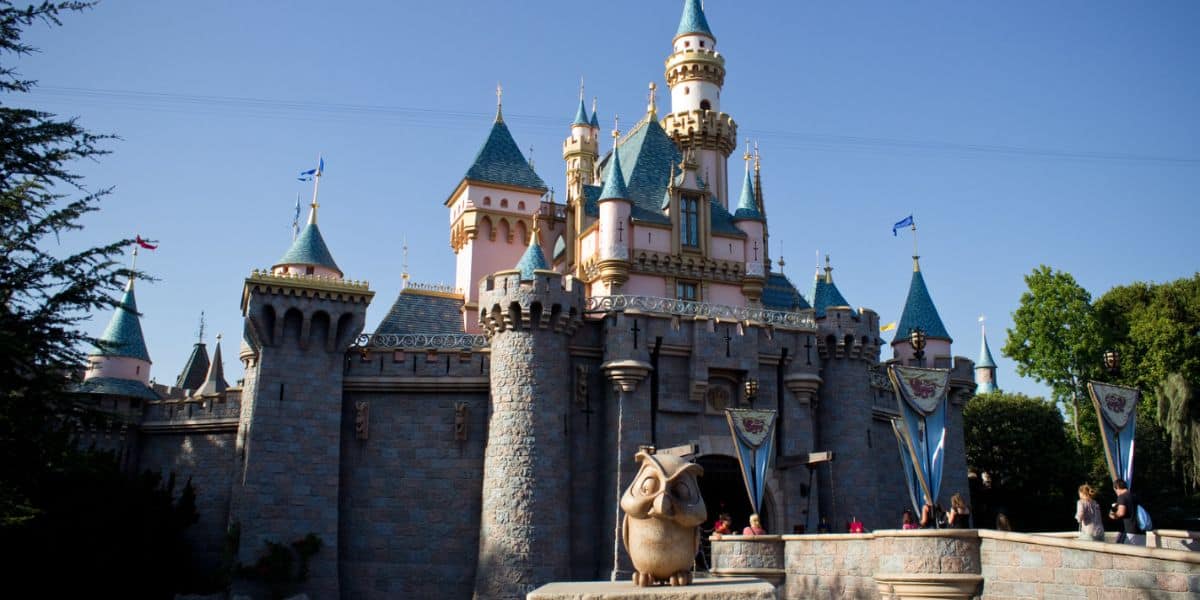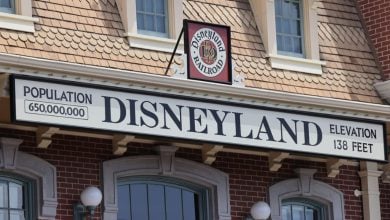Disney Influence: Councilwoman Tables Discussion on Disneyland Gate Tax as City Looks to Fill Budget Holes
Recent Developments in Anaheim’s Budget Debate
Anaheim City faces a significant financial hurdle, with a reported $64 million shortfall necessitating a look into various options to bridge the gap. The City Council had previously contemplated introducing a “gate tax” for large entertainment venues, particularly Disneyland, but discussions have been delayed. Councilwoman Natalie Rubalcava initially suggested exploring the gate tax and pulled the issue from the meeting agenda, stressing the need for further data and insights before proceeding.
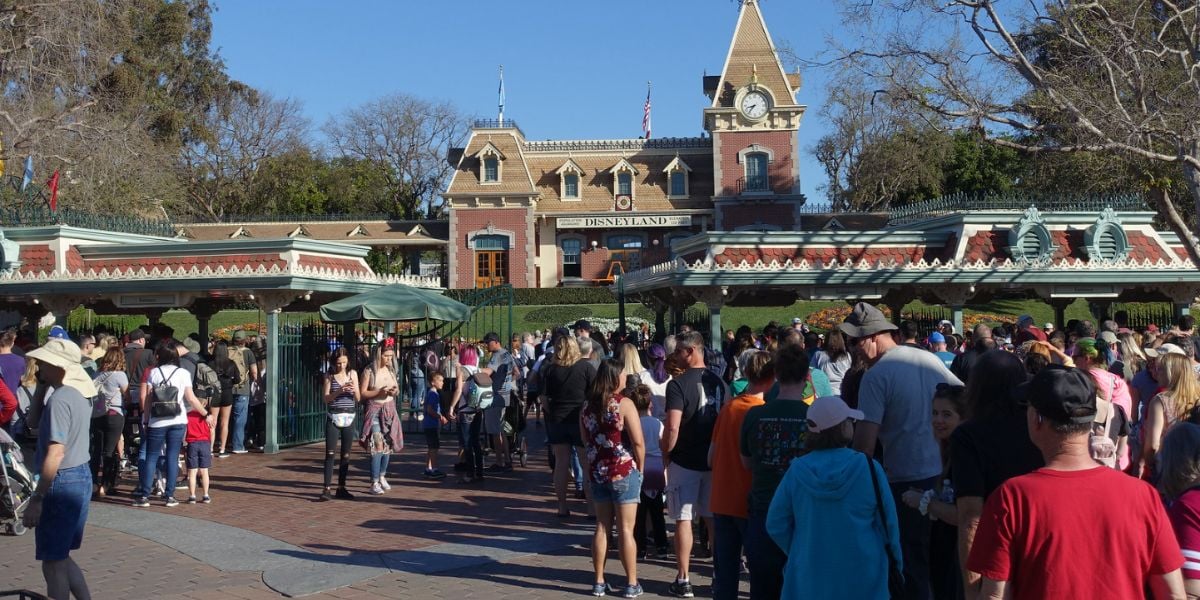
Economic factors continue to weigh heavily on budget decisions within the council, with the current economic climate affecting revenue streams. The commission balances the budget while ensuring the city’s commitments to services and initiatives remain intact. As they explore various avenues to replenish the budget, options like the gate tax remain contentious.
The Role of Disney in Local Politics
Disney’s influence on Anaheim’s local politics has been noteworthy. The theme park is a major taxpayer and a significant employer whose presence heavily shapes the economic landscape. Disney has been proactive in supporting political campaigns, including that of Councilwoman Rubalcava. These contributions raise questions regarding the council’s decision-making process, particularly when discussing potential revenue generated from a Disneyland gate tax.

Such financial support has fueled concerns over conflicts of interest and transparency within the council. Observers note that local politicians’ affection for Disney may hinder robust discussions around taxes or regulations that could affect the company, as seen with the recent tabling of the gate tax discussion.
Taxation of Disneyland: Community Impact
The idea of instituting a gate tax targeting Disneyland has been discussed multiple times over the years, but has consistently met with opposition. Estimates suggest that even a modest gate tax could yield significant revenue—between $55 and $80 million when originally discussed in 2022. With Disneyland raising ticket prices regularly, proponents claim the potential revenue could be well over $100 million.
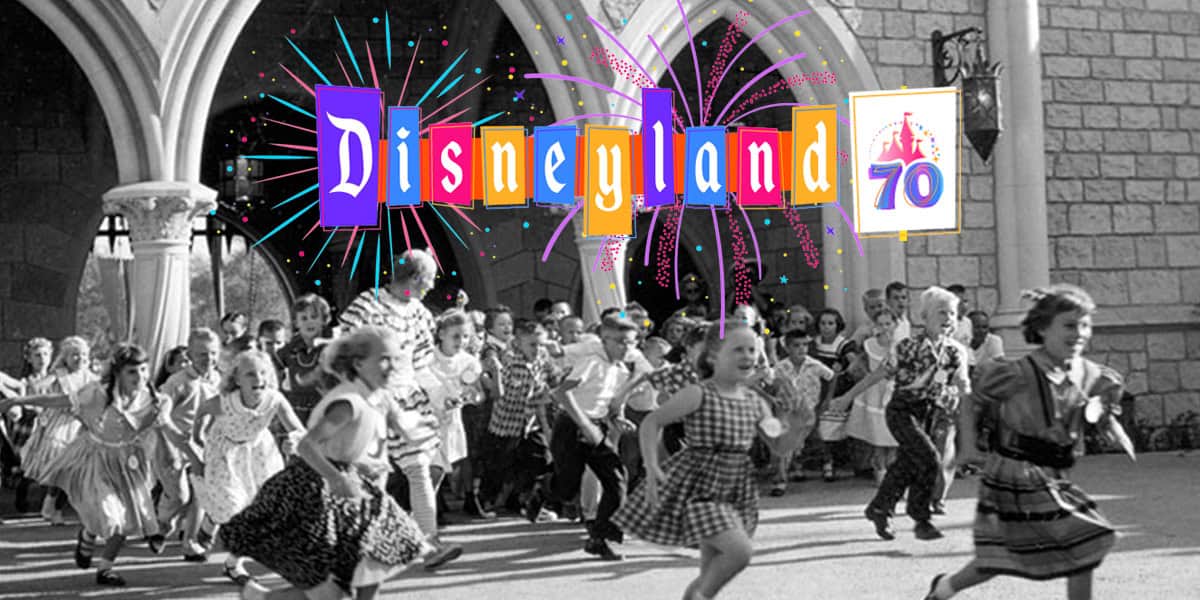
Despite the allure of additional funds, public opinion remains mixed. Some community members argue that taxing visitors who flock to Disneyland to enjoy the park would burden families and deter tourism. Opponents express concern about fairness and question whether such taxes should be levied on entertainment giants like Disney, which already contribute substantially to local employment and economy. The conversation surrounding a Disneyland gate tax signifies a broader debate on equitable taxation and accountability in city governance.
Future Considerations for Anaheim’s Economy
Amid the discussions—including those temporarily paused regarding the gate tax—the Anaheim City Council’s focus has shifted toward pressing needs, especially affordable housing initiatives. Disney has committed to contributing $30 million toward these projects in exchange for support on the DisneylandForward initiative, showcasing a complicated dance of interests between community needs and corporate influence.
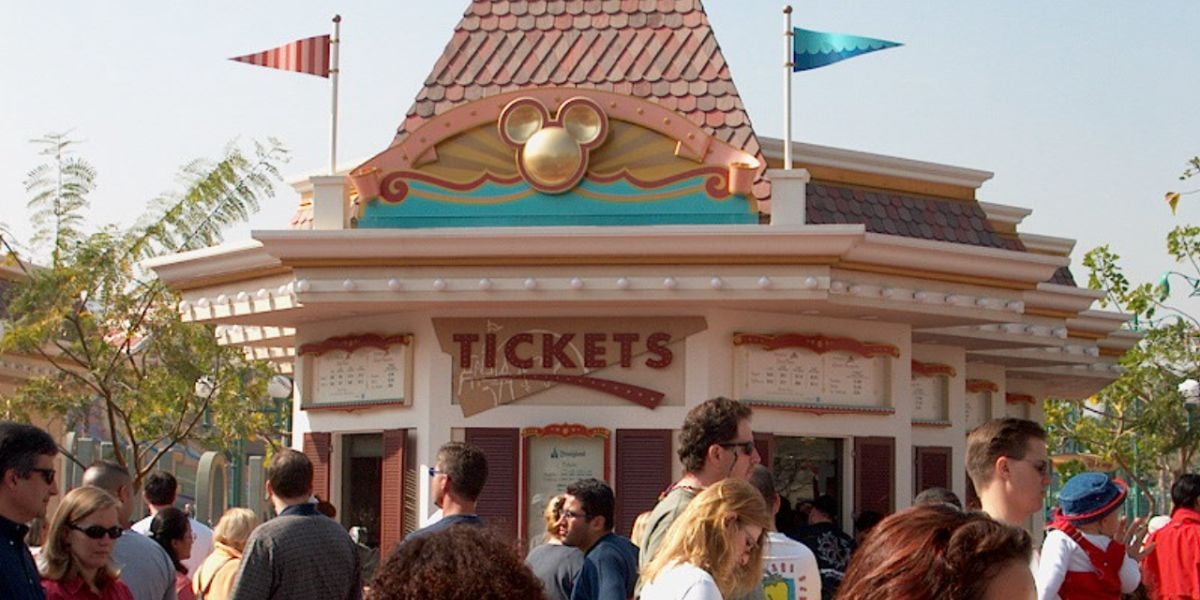
As Anaheim navigates its budgetary challenges, the long-term implications for local tax strategies become increasingly vital. Future considerations will likely hinge on balancing Disney’s influence, community needs, and the potential for new revenue sources. Whether the gate tax proposal resurfaces will depend on how the council reconciles Disney’s contributions to local campaigns and community expectations for fairness and fiscal responsibility.

